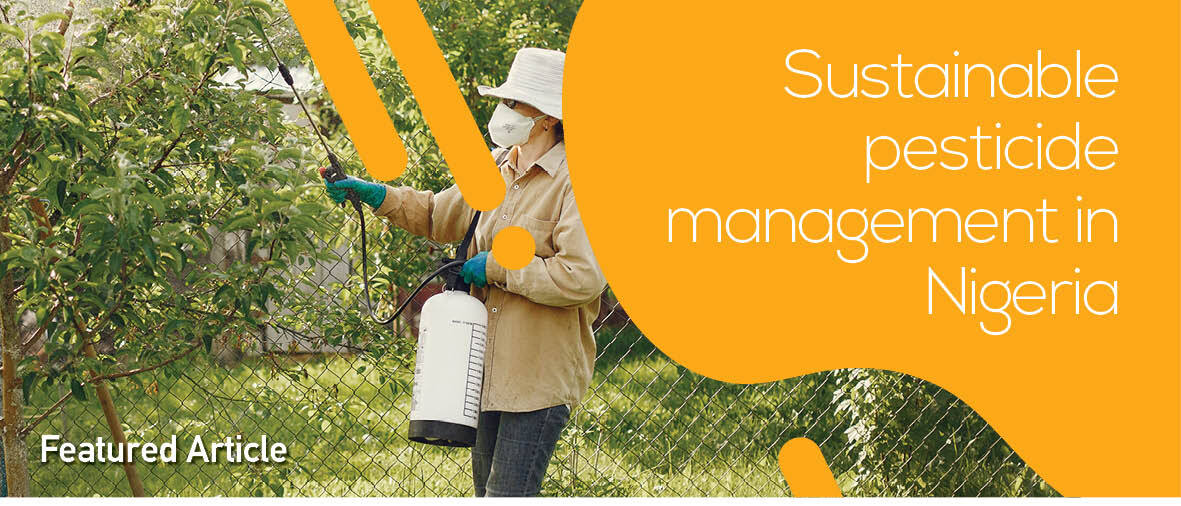Dear Editor,
Due to the increasing global population and the subsequent rise in food demand, there is a growing urgency to enhance food production and combat insect-borne diseases1. Pesticides, which include insecticides, fungicides, herbicides, rodenticides, molluscicides, and nematicides, play a vital role in agricultural development by reducing agricultural product losses and improving the quantity and quality of food cost-effectively2. However, the use of these chemicals has come under increasing scrutiny due to the potential risks they pose to human health, the environment, and food safety3. According to Bernardes et al.2, an annual usage of three billion kilograms of pesticides is recorded worldwide, with only 1% effectively deployed to manage insect pests on specific plants. The substantial remainder of pesticides permeates or reaches non-target plants and environmental surroundings2. Consequently, the contamination of pesticides has resulted in environmental pollution and negative repercussions on human health2,4.
The detrimental impact of pesticide use is especially alarming in Nigeria due to the inadequate regulatory framework for pesticide management, which has resulted in the influx of unregistered and banned pesticides in the country. As reported5, 80% of the pesticides commonly utilized by small-scale farmers in Nigeria are hazardous. This often results in a significant impact on the environment and human health, as seen in a community in Benue State, where over 270 people died from pesticide poisoning due to contamination of a local river by a banned highly hazardous pesticide that was used by nearby farmers6. While the Nigerian government, through the National Agency for Food and Drug Administration and Control (NAFDAC), has made strides in regulating pesticide use in the country – implementing measures to curb the abuse and misuse of agrochemicals7 – there is a pressing need for stricter regulations and enhanced laboratory testing to guarantee the use of safe and suitable pesticides nationwide.
One of the major challenges facing pesticide management in Nigeria is the lack of adequate laboratory testing8. The majority of pesticides used in the country are imported, and there is a need to ensure that they meet national and international safety standards9. This requires a robust laboratory testing framework that can detect the presence of banned or restricted chemicals in pesticide products. Hence, it is crucial to prioritize four key actions: investing in laboratory infrastructure, providing adequate personnel training, establishing partnerships with relevant agencies, and ensuring accreditation of testing laboratories to maintain standards of functioning. Additionally, there is a need for the development of local laboratory standards and quality control measures to ensure that laboratories adhere to international best practices. The establishment of a dedicated regulatory agency, separate from NAFDAC, is necessary. The Nigerian Pesticides Council, proposed by the National House of Representatives, has the potential to serve as a suitable regulatory body to oversee the manufacturing, marketing, importation, and usage of pesticides in the country10. Moreover, a monitoring and evaluation mechanism must be established to ensure strict adherence to the standards11. Finally, raising awareness among farmers and the general public about the proper use and potential risks of pesticides is essential. This entails educating them about the composition and characteristics of pesticides, as well as providing information on specific chemicals to watch for in pesticide compositions.


